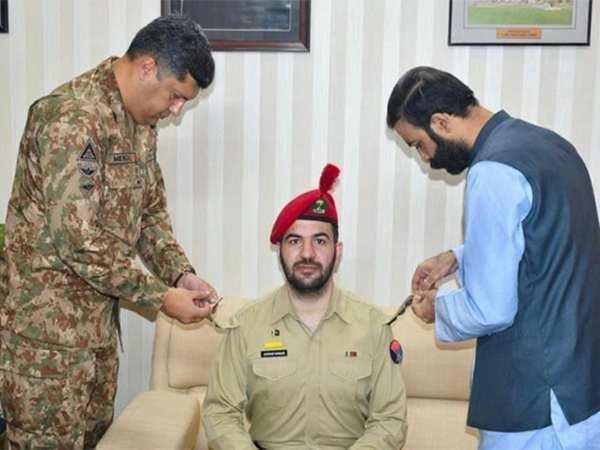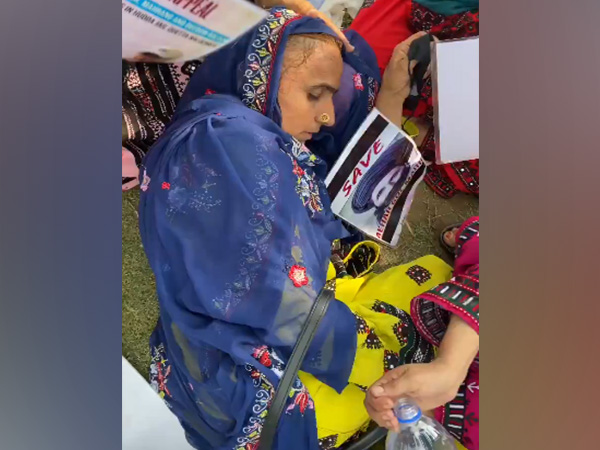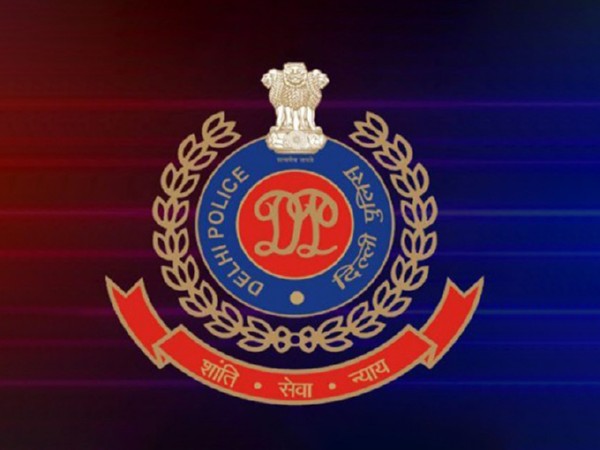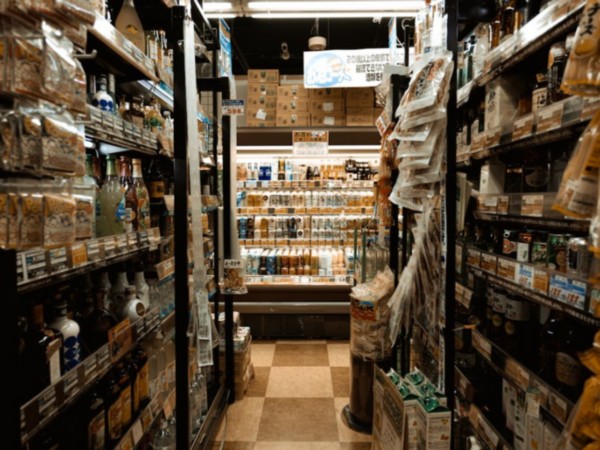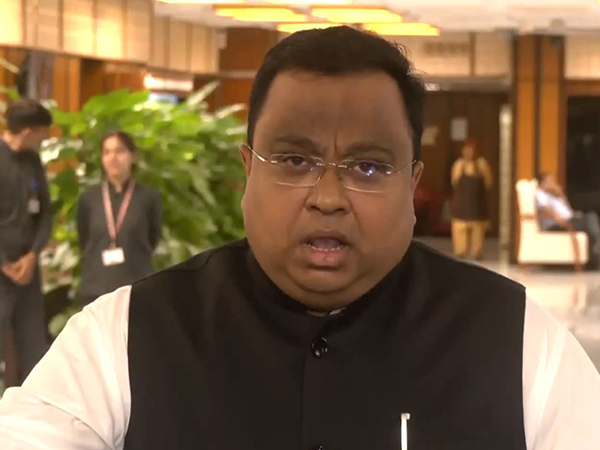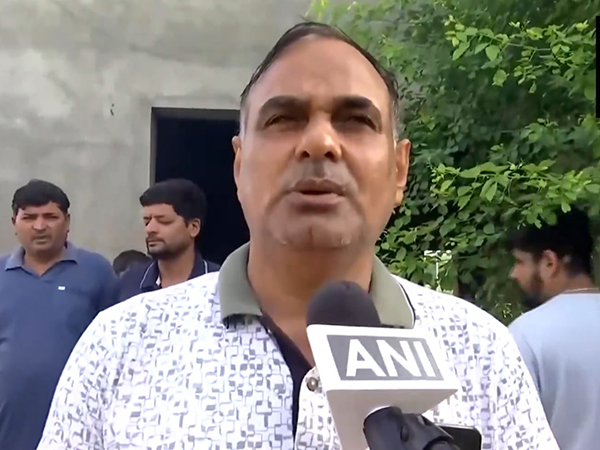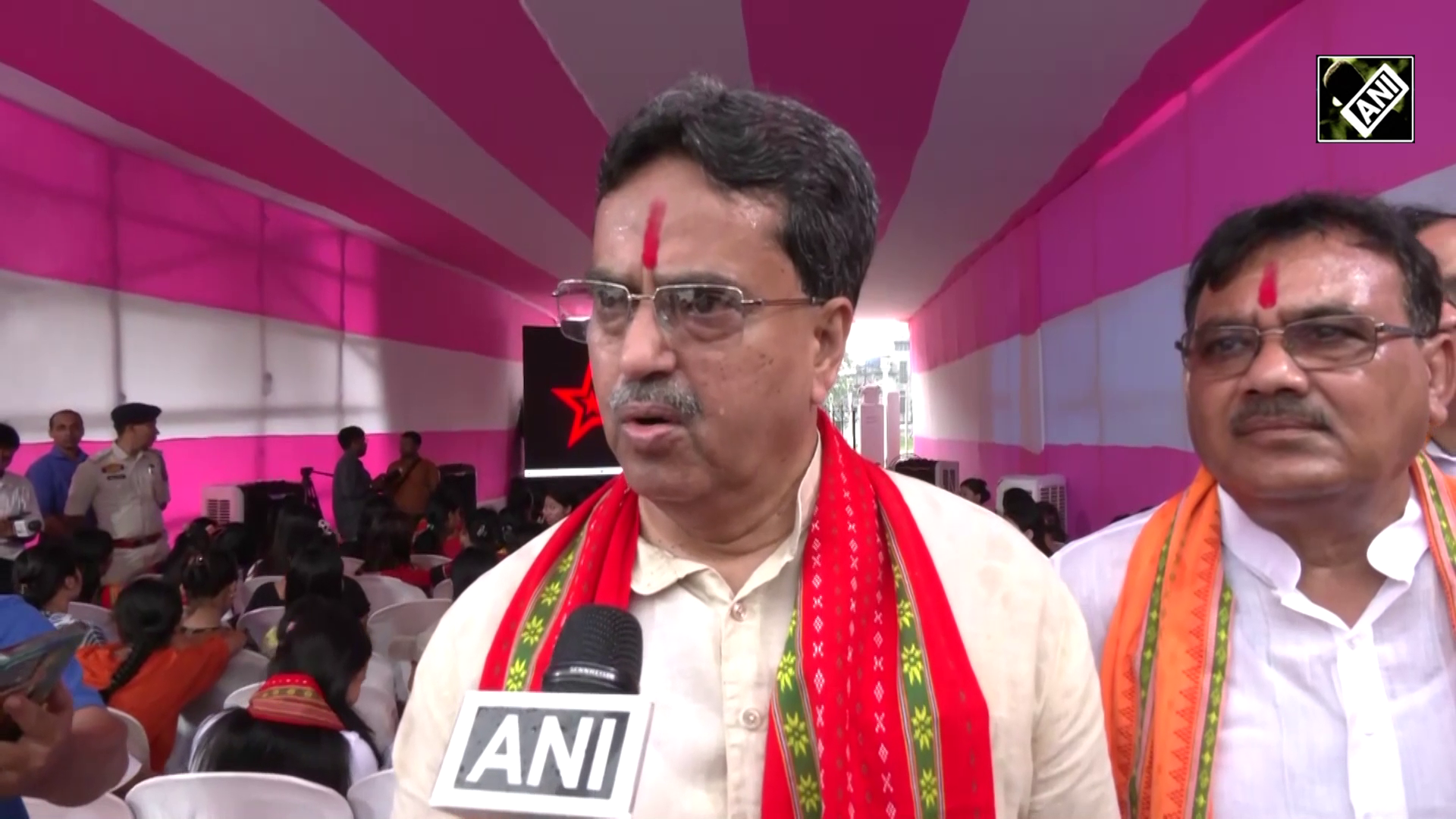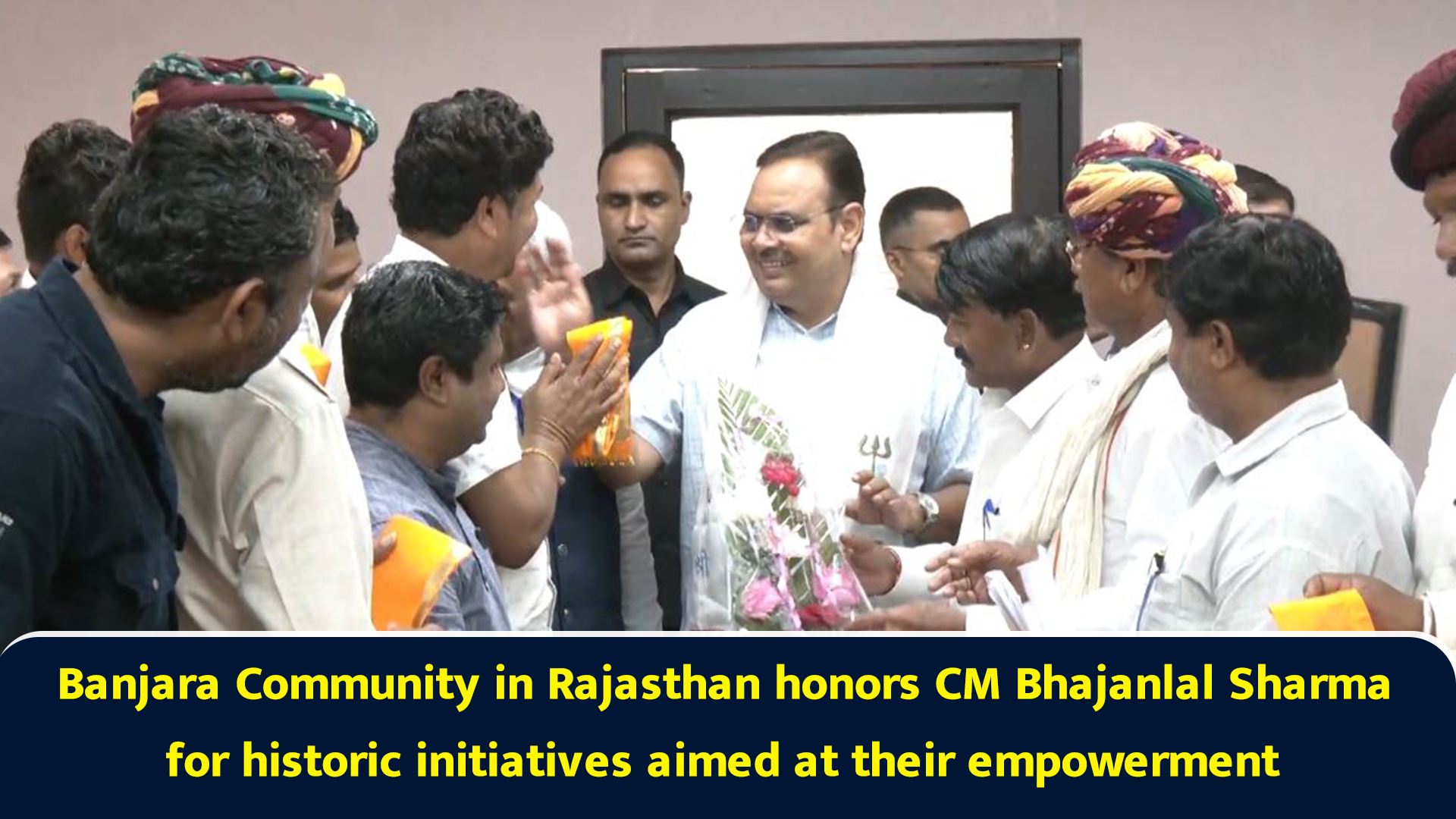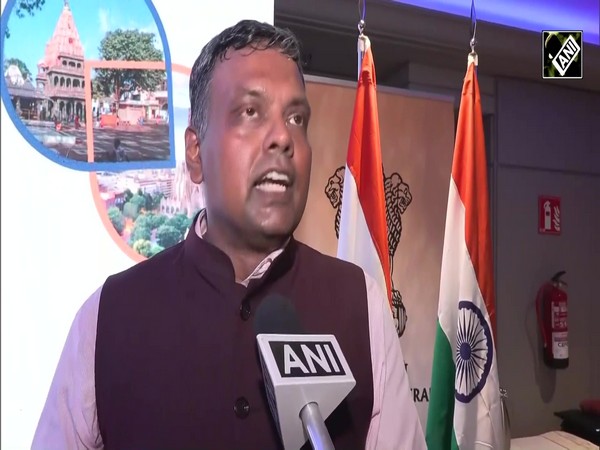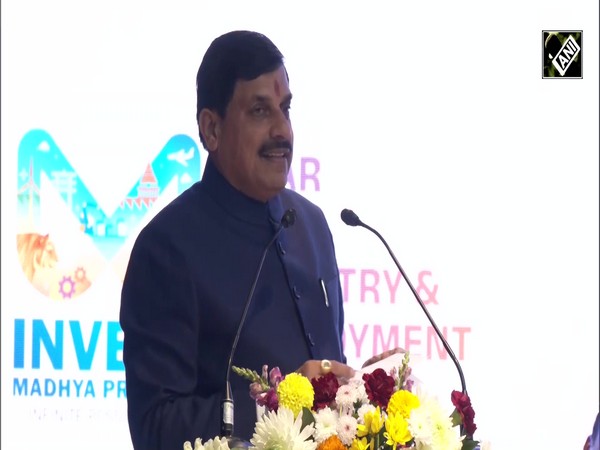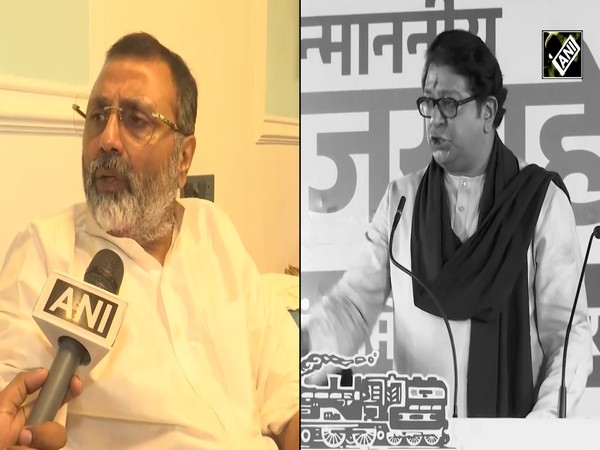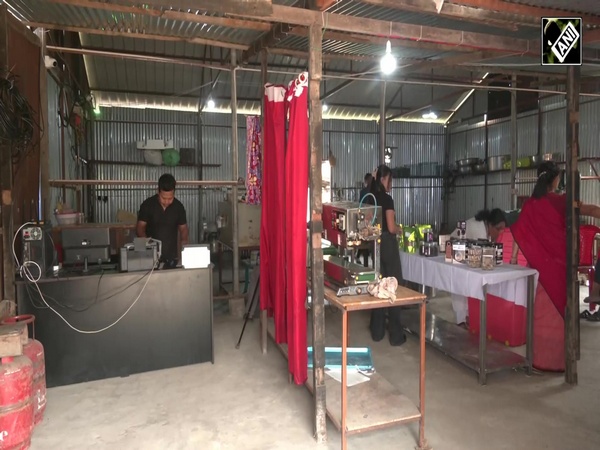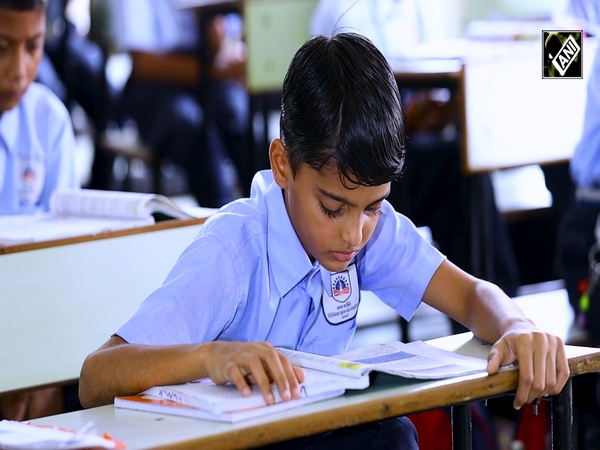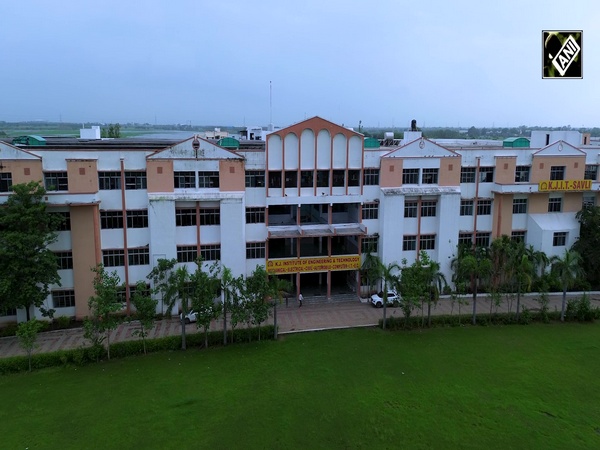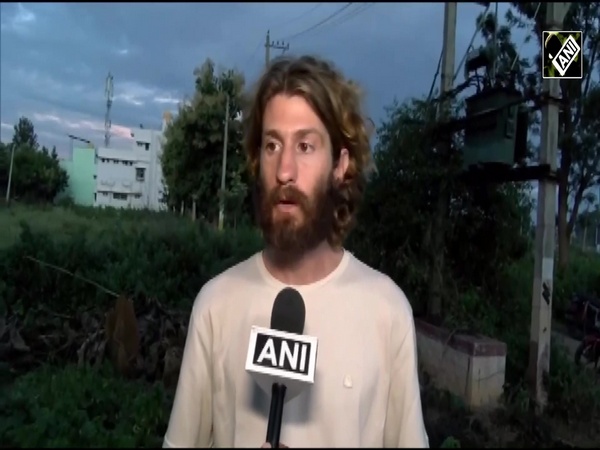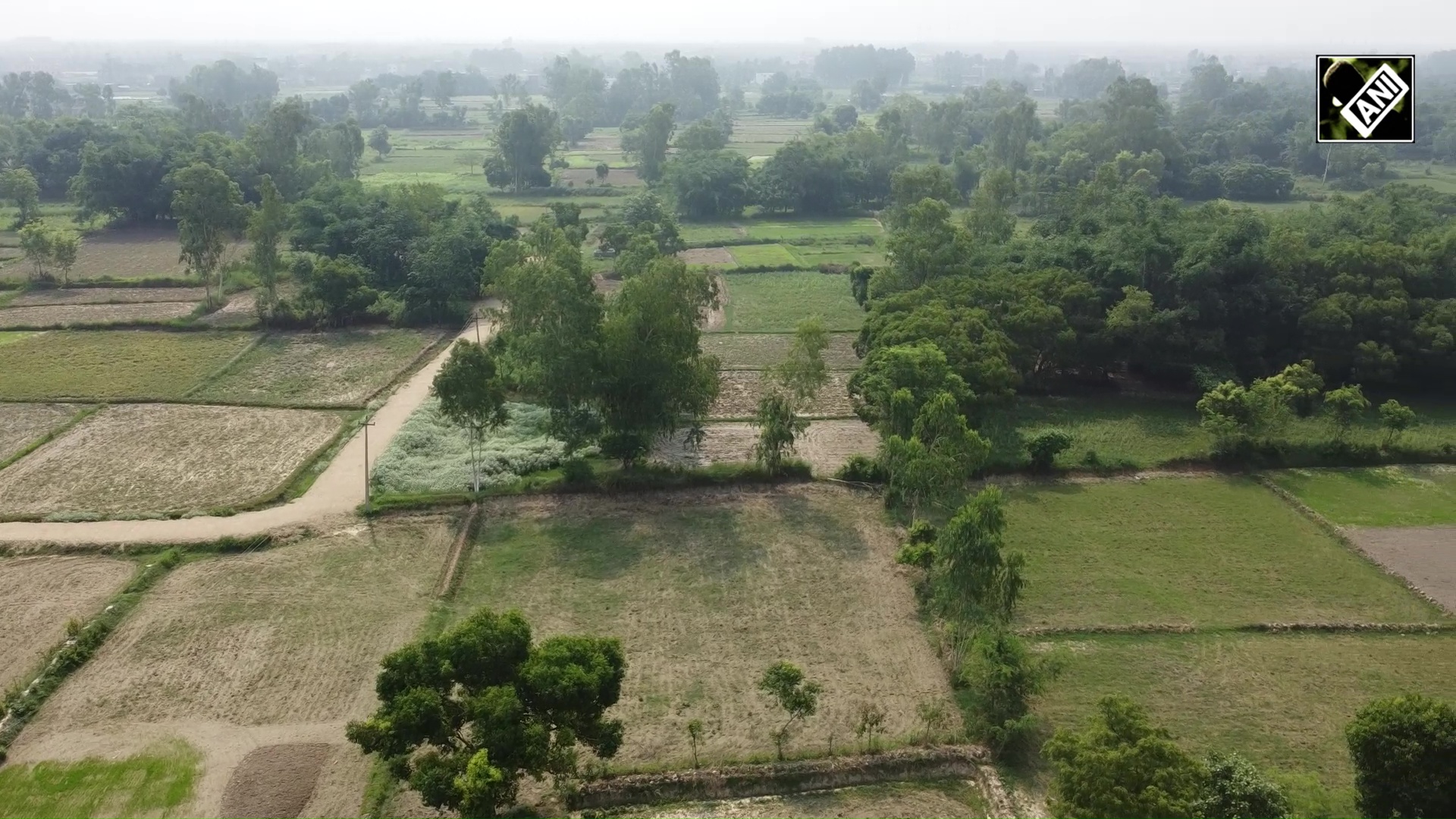German Embassy hosts GSDP conversation series on India's sustainable food systems
Apr 22, 2024

Bangalore (Karnataka) [India], April 22 : On World Earth Day, the German embassy in Delhi hosted the second edition of the Green and Sustainable Development Partnership (GSDP) Conversation Series titled 'India's Growing Strength in Sustainable Food Systems' in Karnataka's Bengaluru. The series explored critical themes of food systems sustainability and agro-ecology. 
According to a release issued by the German embassy in delhi on Monday, during the welcome address, Achim Burkart, Consul General of Germany in Karnataka and Kerala, spoke about the Indo-German partnership in achieving sustainable development goals. "India and Germany have joined hands to fight together against one of the biggest threats to humanity which is climate change," he said.
In both our countries, we are experiencing the consequences of new and challenging weather patterns, extreme weather events, and rising average temperatures. Within the framework of the GSDP, we talk with farmers from Karnataka to hear about the impact on their daily lives and learn from that, he added.
India, being the largest producer of milk and the second-largest producer of wheat and rice, will see climate change adversely affecting agriculture, amounting to more than USD 7 billion in losses by 2030 in India alone.
According to the embassy, recent months in Bangalore and across Karnataka have shown through heatwaves, scarce rainfall, and dwindling water resources how crucial sustainable food systems are for our existence.
Forecasts indicate that the most devastating effects of climate change will be on the fertile Indus plains and in Southern India. Only by interacting both locally and globally can we find effective solutions to preserve our planet for our children.
The event featured diverse activities, including panel discussions, an exhibition centre, and interactive sessions.
During the panel discussion, speakers analysed the evolving landscape of sustainable agriculture in India and its implications on nutritional security, environmental considerations, and socio-economic development, the embassy stated.
Additionally, the exhibition centre showcased captivating elements such as a diversity fair, a photo exhibition highlighting farmers implementing the 13 principles of agroecology, a display of climate recipes, and an interactive session providing insights into climate adaptation strategies, the embassy said in its release.
The diversity fair gave a peek into agricultural biodiversity with diverse traditional and local varieties that help promote resilience in agricultural systems.
The Climate Recipes archives presented a window into lived and tested knowledge as recipes that shift our existing perceptions of adaptability to climate change. The project's primary goal was to share perspectives from people's lived experiences in their daily lives.
Germany has made supporting agroecological transformation a focus of its cooperation with India. The Indo-German Lighthouse on Agroecology and the Sustainable Management of Natural Resources is closely aligned with the Sustainable Development Goals (SDGs) of the 2030 Agenda.
It called for progressive and transformative steps urgently needed to contribute to a worldwide shift onto a more sustainable and resilient path. It recognized that agriculture and food systems were deeply intertwined with economies, cultures, societies, governance, health, climate, natural capital, and the environment, including biodiversity.
They were uniquely placed to contribute to most of the SDGs, India's vision of 'Atmanirbhar Bharat' (self-reliant India), and the achievement of India's Nationally Determined Contributions (NDCs) under the Paris Agreement.
The panel delved into India's achievements and challenges in sustainable agriculture, exploring policies, initiatives, and community-driven solutions. It addressed key questions such as the evolution of India's approach to sustainable agriculture, the role of agroecology in addressing food security challenges, and the need for policy interventions to foster innovation and collaboration across stakeholders.
During the farmer's insight session, farmers shared insights on adopting agroecological farming in India, offering firsthand experiences on practical challenges and impacts.
The Green and Sustainable Development Partnership (GSDP) was initiated in 2022 by Prime Minister Narendra Modi and German Chancellor Olaf Scholz, providing a framework for cooperation between India and Germany in alignment with the 2030 Agenda, Sustainable Development Goals (SDGs), and the goals of the Paris Agreement.
The GSDP Conversation Series facilitates the development of this partnership through regular networking and idea sharing. It was signed during the 6th Indo-German Cabinet Consultations held in Berlin on 02 May 2022.
This year, the 7th Indo-German Cabinet Consultations will be held in New Delhi in the second half. From Germany's side, the implementation of this series is being hosted by the German Embassy, facilitated by the Federal Ministry for Economic Cooperation and Development (BMZ), and supported by the Deutsche Gesellschaft fur Internationale Zusammenarbeit (GIZ) GmbH.
Other German institutions involved in the GSDP are the KfW Development Bank and the German National Metrology Institute (Physikalisch-Technische Bundesanstalt, PTB). The series will serve as a crucial platform for Indo-German development cooperation in achieving ambitious sustainability and climate goals, the release added.


